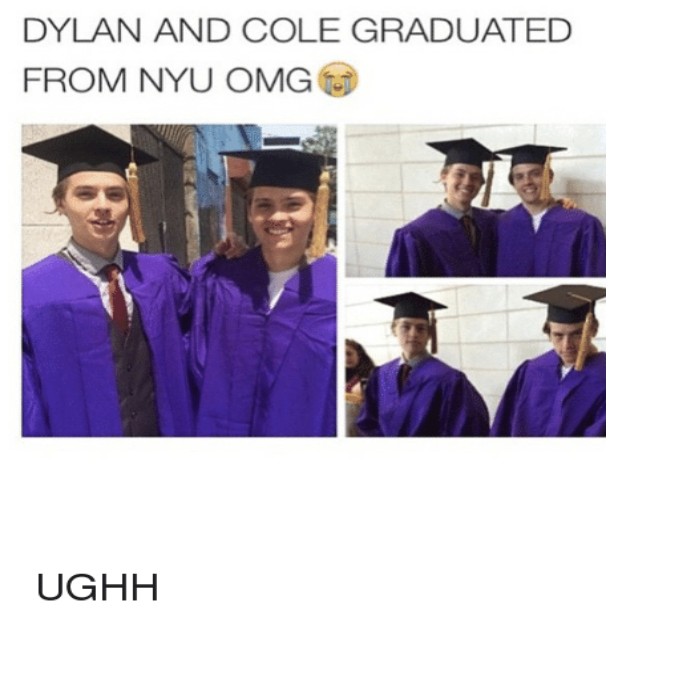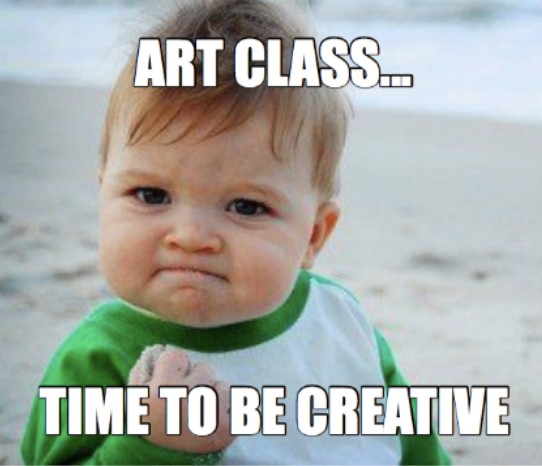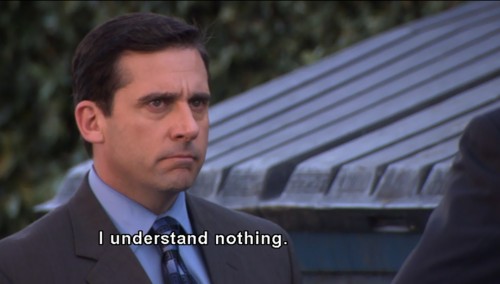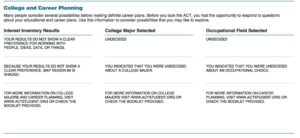Today I wanted to talk to you about how my activities on campus coincide with my major: legal studies. Arriving at the conclusion that I want to be a Legal Studies major has been a violently turbulent road. No, it do not just come to me. I’ve changed my mind probably around five times in the past two year. My point in telling you about my process is to assure you that whatever process you’re going through right now in deciding your major is ok. You’re going to find that something you’re passionate about no matter how many non-starters you encounter. All the different jobs you take on, no matter how strayed from your chosen major, will only lead you closer to what to you really want to do. I think something crucial to keep in mind is that how hard you work at Scripps (or any of the 5Cs) is probably a pretty good indicator as to the kind of work ethic you will carry with you through the rest of your career life. So with this said, stay eager and curious my friends because you can go anywhere you want if you are hungry enough for the work.
When I was accepted Early Decision to NYU, I was thrilled to be part of the Global Liberal Studies or ‘GLS’ program. I chose NYU because of the chance to expand my knowledge both inside the classroom, and through the resources of a great city. While simultaneously having the chance to explore the city, and my place within it, I wanted to experience more diversity, which I did not have at my small, private high school; I was eager for something different and more outside my comfort zone. However, when I got to NYU, I quickly recognized that the GLS program was just too narrow for me. There were only four majors options, and the closest fit to my interests in human rights and education was a concentration in global literature. Although I had brilliant professors and nothing but incredible academic experiences, I was seeking a more interdisciplinary course of study so I applied and was accepted to the Gallatin School where I had the freedom to “design my own major.”
At Gallatin, I chose to concentrate my energies on the political sciences, journalism, and education. After taking one education course my first semester at Gallatin, I quickly realized education was not going to be for me. Truthfully, it was my experience working at the Santa Cecilia Orchestra day camp that had made me want to try out education. I loved my experience working with kids, and really imaged at one point, that I could do that for the rest of my life.
A little tangent about the Santa Cecilia Orchestra because I am very enthusiastic about their work: The summer between my freshman and sophomore year, I had the privilege of receiving the MUI (multicultural undergraduate internships) grant through the Getty Foundation to work as a visual arts teacher to kids ranging from 5-12 for 10 weeks at the Santa Cecilia camp. My job as an intern was to run a summer camp for the arts with only two other “interns” of my age. I assisted with violin, singing, journaling and a general arts & crafts classes. Between 9-5:30, everyday, the kids were under my co-worker(s) and my supervision. The woman who awarded me the Getty grant, Sonia León de Vega, was an incredible boss. Not only was Sonia one of the first Latin American women conductors in Los Angeles, but she also had the honor of performing at the Hollywood Bowl, and in front of the pope. In addition to all of this, she also runs this wonderful summer arts camp now in Eagle Rock right by her orchestra.
My second term at Gallatin was definitely a learning curve. In addition to taking a course in human rights, I also took: a course called “Crime in the USA” based on Michelle Alexander’s novel The New Jim Crow, a creative writing class that reviewed Baldwin and Virginia Woolf, and journalism with acclaimed NY Times best seller James McBride. I realized that semester that as eloquently as McBride’s spoke about journalism, the rigid stylistic writing form was just not for me. In contrast, in my creative writing class, I could write all I wanted about my political views and thoughts on the times without having to think about word count restrictions. My creativity was at an all time high the second semester of my sophomore year, and I was eager to ride it. This lead me to applying again for the MUI Getty Internship this past summer. After sending resumes and a cover letter to almost 16 different arts organizations around LA, I heard back from about half that amount. The organization I ended up working at, P.S. Arts, was my first choice. Within a week, I heard back from them with the news that I would be there “Education and Media” Getty intern.
During those ten weeks, I was required to think more creatively than I have for any other job. Inspired and privileged to be around such a hard working group of coworkers, I was humbled to be interning at P.S ARTS. From being able to collaborate on upcoming projects, to site visits to see the kids perform, (after having worked with the P.S ARTS teaching artists all year) I felt as though I could not have had a more well rounded internship experience. My internship was spent mainly working on projects for the programs department, who are in charge of overseeing P.S ARTS special events. One of my favorite projects that I had the chance to work on was the ‘Student Parent to-go.’ A ‘to-go’ is an easy to follow art project designed for kids who want to make arts and crafts at home. I created five arts projects, but not before testing them out first. All of the supplies had to be able to be found at home. So as you can imagine, creating these “to-go’s” was no easy feat. Although, I had an enormous amount of support from the staff to guide me. The process requires researching artists, coming up with a skills based 6 step art project that is inspired by an artist, whose artwork must be appropriate enough for all age ranges . I would then present the project to the P.S. ARTS staff to see if it could work it for a potential Family Art Night. On this night, kids and their parents would come to the after school event to work on an art project together while simultaneously learning about a new artist from one of out teaching artists. We typically tried to pick artists who were underrepresented in the art world. If you are interested in getting involved in this amazing arts organization that runs after school art programs at underprivileged public schools all throughout California PLEASE don’t hesitate to contact me: taronson4560@scrippscollege I would be more than happy to talk to you more about experience with the Getty Foundation, P.S Arts, or whatever it is– you name it!
That pretty much sums up everything I’ve done these past two years. So as you can see, my passion for human rights has not limited me from pursuing my curiosity and love of the arts. My time at the Getty foundation taught me skills I will take with me through the rest of my life. How to be a good employee, as well as an active member of the community.. I also thought I would mention that the media portion of my summer internship introduced me to programs like Adobe InDesign, Premiere– skills employers are always on the lookout for, especially if your interested in any multimedia field!
If you understood nothing else from this, I hope you take away the following: wherever your “process” takes you, ride it, and try not to think so hard about what’s coming next. Anyway, that’s all for now folks. Until next week!
Xx,
Theri








